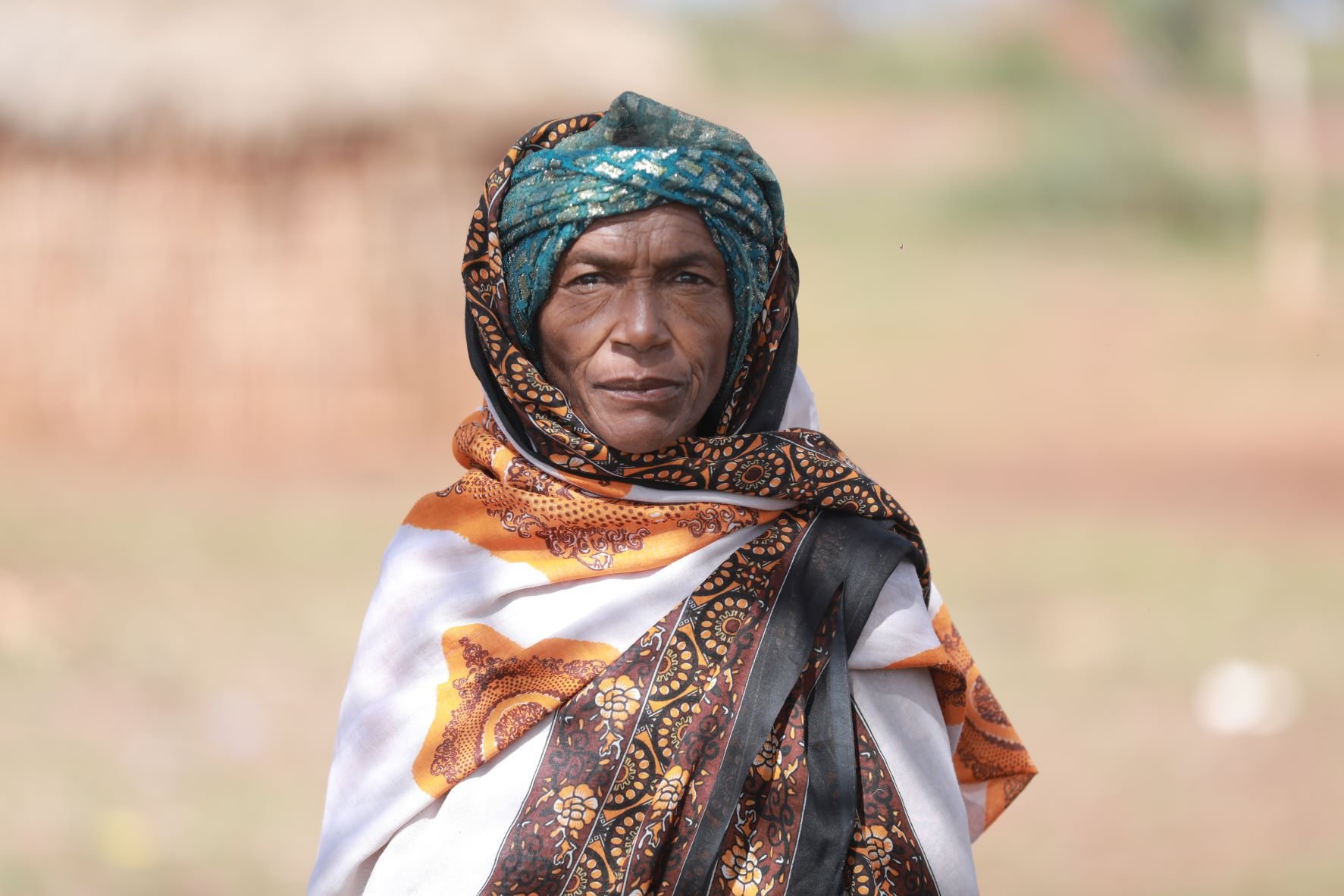Qabale's story - drought has killed my livestock and my way of life

Qabale lives in a small village in Borena, Ethiopia. As a pastoralist, all she has ever known is looking after her cattle but she is no longer able to do this due to the drought affecting East Africa.
The drought took all 70 cows, on which she depended for a living. Qabale did everything she could to help her cattle survive but she didn’t succeed. She is struggling with a lack of food.
“My parents were also pastoralists. Looking after cows is my job. This is a job I inherited from my parents. Borena is well known for its cows and camels; it’s how we identify ourselves. There is nowhere in the country that has as much livestock as Borena. However, something bad has happened to us and our cattle.
Before the drought came, cows used to give birth during both the “Hagaya” (rainy season) and “Ganna” (rainy season). I got milk and I would sell it to get cash. I depended upon the cattle for my livelihood. When I woke up in the morning, I would milk the cows. Then I would take them to where they could graze and of course the ponds so that they could drink. That was my life.
Here in Borena, if you have a considerable amount of cows, you are considered a wealthy person. I am not a farmer. I don’t have the skills to plough land. But we leave land for the farmers and to do that we work hard to protect the pastureland for our cows. During the winter, I buy food with the money that I earn from selling my cows. I usually sell some of my cows during the holiday season for the highlanders.
When the drought hit, my cows started dropping to the ground because of the lack of pasture. I was so worried. When I heard that some people’s cattle were dying in my village, I begged some people in my community to take my cattle to a place called Melbana, which is about 60 miles away from here. I sent them away hoping that they might survive the drought. Unfortunately, due to the severity of the situation and the long journey to Melbana all my cows died. I lost 70 cows. They were my fortune. I worked so hard my whole life to get here.
I know that drought is recurrent in Borena. But this drought was so harsh on us. I never imagined that this could possibly happen to me. It is so unbearable to experience such a significant loss. Currently, I am worried about what the future holds for me. I live alone.
Here in our village, we don’t have access to clean drinking water. There is a motorized water scheme far from my village. I usually walk for three long hours to fetch water for myself. It is getting crowded as everyone is desperate to get water. I take an extra jerrycan but it is too heavy. I am scared to carry such a heavy load at my age.
Currently, my worst fear is that something bad could happen to me. I have no food at all. I have finished what I saved for the winter season. I used to buy food but now I have no money. Lack of food is now the major challenge I am facing. I barely eat once a day. I pray to God to get us out if this situation. I am scared that if this situation continues, many people will die in my village including me. I used to drink milk. Now my body is weak."
Lack of rain in East Africa has killed nearly 1.5 million livestock, including 650,000 in Borena alone, threatening a whole way of life and pushing millions towards starvation. Yet unlike Ukraine, the crisis has seen little media attention.The global community must take action.
